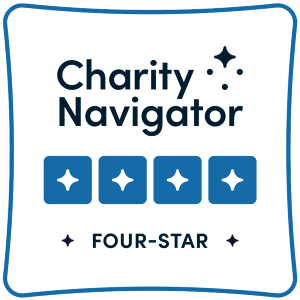Rafael “Ralphie” Beaumont is an EMT for Jamaica Plains Hospital in New York City, where he and his colleagues in the medical community unflinchingly faced down the most challenging and heartbreaking surges of the COVID pandemic.
Q: Where are you from, Ralphie?
I grew up in Washington Heights, and my grandmother lived in Harlem. Back then, it was like the start of the crack epidemic and the drug wars, and where I grew up was like, the epicenter of a lot of violence in New York City. We grew up seeing a lot of those things. Some of my friends wanted to do the right thing, but others didn’t. When you grow up in the inner city, you’re in the middle of violence and you think that’s normal.
Q: How did you choose the career path of an EMT?
Honestly, it’s helping people. Where I grew up… I hope it doesn’t sound awful… People never really wanted to go to school. It wasn’t cool. So they wouldn’t look up to nurses and doctors or anything like that. But I’ve always liked helping people. My first job was with the Police Athletic League, helping children with homework and extracurricular activities. I want to help people and to stay away from all that negativity I grew up with, because I know what that leads to. From time to time, I drive my own neighborhood and I see certain people still kind of stuck in that life, and it makes me think wow, if I hadn’t chosen the field that I’m in, I might be just like them.
Q: Ralphie, you saw it all during the hardest months of the pandemic, spring of 2020…
Yeah, we were in the eye of the storm–Jamaica Hospital, Flushing Hospital, Elmhurst Hospital, Mt. Sinai and most of the surrounding hospitals. But… I can’t speak for nurses and doctors, but us EMTS and paramedics, we’re a little bit rough around the edges. We expect something to happen to us sometime in the future, so basically, there’s no thought into it. We were dealing with dangerous situations before that. We’ve been going to shootings, stabbings and fires. Someone needs help, let’s just jump right into it. That’s how we’ve been conditioned. So the pandemic didn’t really change that. The only thing that changed for us was, we protect ourselves more, but honestly, it was just another day at the office.
Q: How did the pandemic affect your life, personally?
I slept in my car when I would do my tours, and when I was finished, I would go to the laundromat, wash my clothes and then I would be able to go inside of my house and be with my children. I’m used to sleeping in ambulances, in very tight and confined spaces. It hurt my bones, but I had to make do. I would much rather my family not be exposed to that. I would rather be uncomfortable than expose my family.
Q: Do you feel appreciated as an EMT? You and your colleagues have done some pretty heroic things for your community…
During that hardest part of COVID… the kids would be holding the signs that they drew, saying ‘thank you’ to all of us in the medical field. Every single day, there is a moment or two where I would feel gratitude. But, definitely when I help children, or the very elderly, or people with mental issues where they kind of don’t understand what’s going on but they do understand that you’re there helping them. When people want to title us heroes, me personally, I’m not a hero. This is something that I signed up to do. A hero would be, you know, a civilian that jumped on the track and just helped someone just randomly waiting. That would be a hero. We signed up to do this.
Q: What’s the hardest thing you witness in your work?
We see the underbelly of New York City. I mean, we see people at their very worst, most private moments. Whatever you see in the movies, we’ve seen. I’ve walked into places where it’s like, you don’t have any furniture, little kids are just walking around with roaches and mice and there’s bedbugs. There’s still a lot of people that live below the poverty line. It’s hard to witness.
Q: Are there any extreme instances in your work that stand out in your memory?
There was a job once… a gentleman, there was a dispute between two people in this residence and one of them stabbed another one in the chest. And when we arrived, he still had the knife in his chest, and we were telling him, sir, you need to relax–if something is embedded in you, like a spike or a knife, the worst thing you can do is pull it out. You’re going to decline rapidly. He kept trying to pull the knife out of his chest, saying he wanted to stab the other guy with the same knife and we were like, no, so that’s the last thing you want to do.
Q: Mental health is a very big issue for first responders…
It is. There’s a lot of first responders who use alcohol and take up cigarettes now to deal with it. During the worst of the pandemic, I came home to my wife and said, I think I’m going crazy. I honestly didn’t know how to feel. I was conflicted. So many people were dying, I had colleagues saying, “Ralphie, I’m drinking every day. I can’t see my family, we’re seeing people dying and looking to us for help, and we can’t help them.”
I just wish that the public knew that so many of us are suffering mentally. I wish the media would shed more light on mental health, because there are a lot of people that are still suffering.



